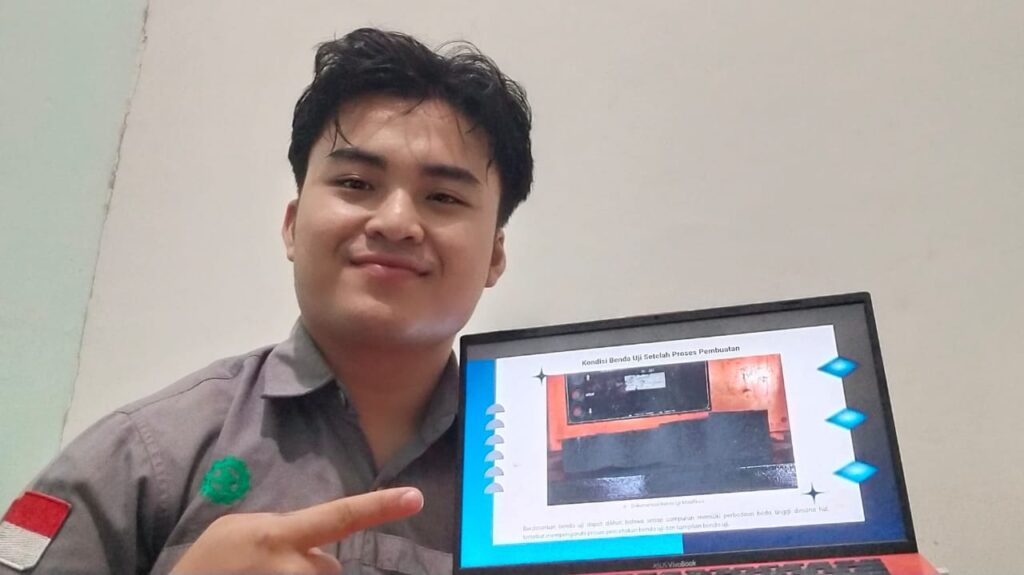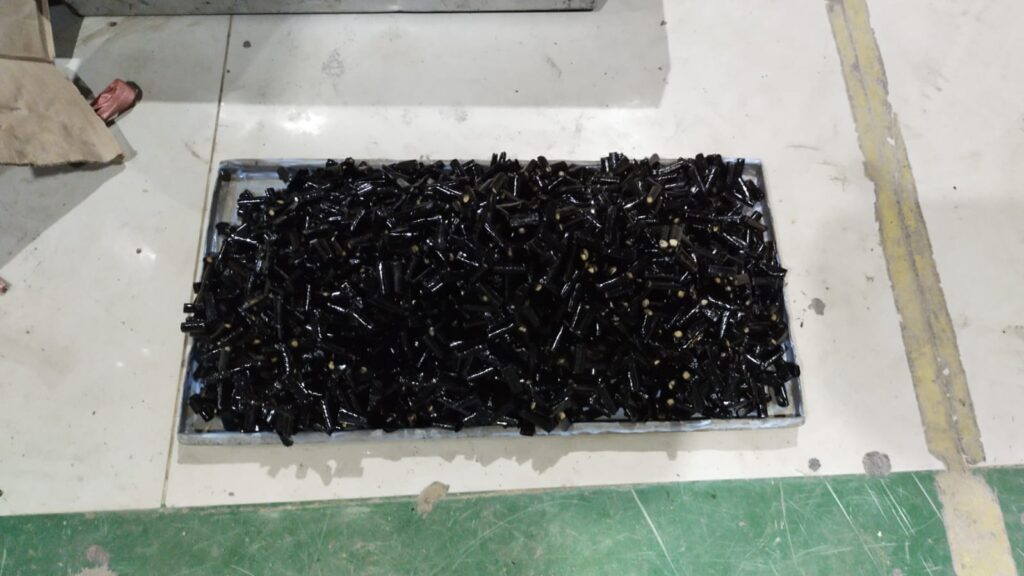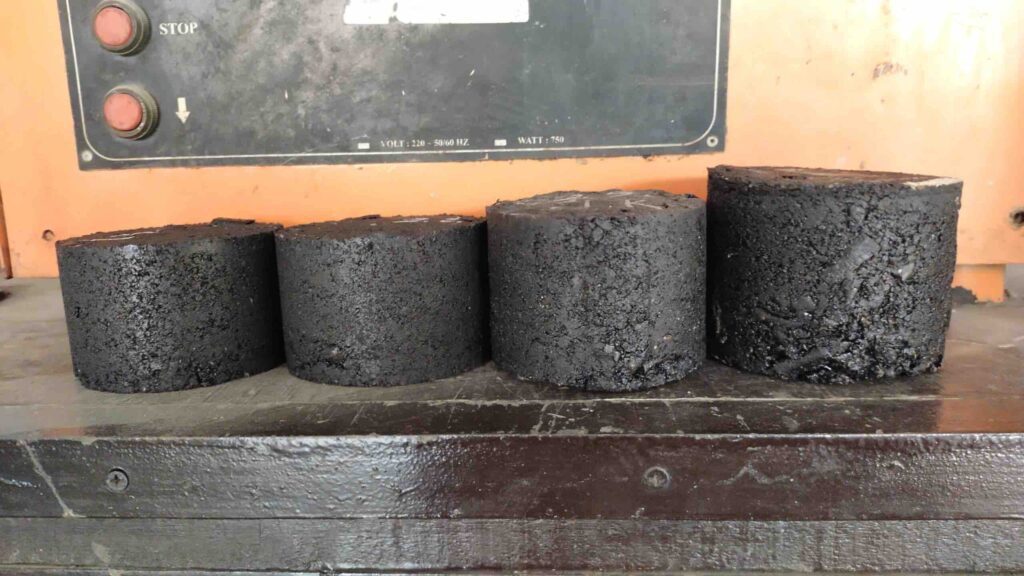Innovative solution to asphalt deterioration : The polymer derived from cigarette filters helps to bind asphalt with aggregate materials, improving the stability and longevity of road surfaces.
Surabaya, Indonesia — In a novel approach to address asphalt deterioration caused by excessive heat and vehicle loads, students from the Department of Civil Infrastructure Engineering at the Institut Teknologi Sepuluh Nopember (ITS) are repurposing cigarette filters as a material for modifying asphalt. In his final research project, Kornelius Sofinner Ndruru, a student at ITS, utilized the high cellulose acetate content found in cigarette filters to create polymer additives for asphalt mixtures.
RELEVANT SUSTAINABLE GOALS



The polymer derived from cigarette filters helps to bind asphalt with aggregate materials, improving the stability and longevity of road surfaces. “Cigarette filters are abundant and their composition makes them ideal for this kind of application,” Kornelius explained.cigarette filters to create polymer additives for asphalt mixtures.
The Process: From Cigarette Filters to Road-Ready Asphalt
Before being mixed with asphalt, the cigarette filters must undergo a series of processes to ensure they are suitable for road use. First, the filters are cleaned and dried to remove bacteria and moisture. This step also reduces the hollow space in the filters, making them more compact and durable. “Once the filters are dry and stiff, they are encapsulated in asphalt,” Kornelius elaborated.

The encapsulation process involves coating the filters with asphalt, using 20 percent of the total filter weight in asphalt. This method not only seals the filters but also ensures they can be smoothly integrated into the asphalt mix.
Finding the Optimal Proportion
To achieve a stable asphalt mixture, the correct proportion of cigarette filters is critical. Kornelius emphasized that the hollow structure of the filters affects the amount of asphalt required in the mixture. His research, titled Analysis of the Effects of Encapsulated Cigarette Filter Waste on the Stability of HRS-WC Asphalt Mixtures Using the Marshall Test, explored eight variations of filter proportions to identify the most efficient ratio.
The percentages tested ranged from 0.625 percent to 5 percent of the total asphalt mixture weight. Through rigorous testing, Kornelius discovered that the optimal filter proportion for achieving the best load-bearing performance was 0.625 percent.

Kornelius’s research demonstrates that while cigarette filters can improve asphalt stability, excessive use of the filters can lead to the overconsumption of asphalt, reducing cost-efficiency. “The hollow nature of the filters can absorb more asphalt, which leads to unnecessary material usage,” he said.
Kornelius hopes his research will contribute to both the effective use of cigarette waste and the improvement of road infrastructure. He also expressed a desire to see his study advanced through further research and implementation on a larger scale. “This research can serve as a guideline for determining asphalt content in future encapsulation processes,” Kornelius concluded.
You may also be interested in :
Innovative Fill-It Water Refill Machine Debuts At Bus Stop, Aiming To Reduce Plastic Waste




